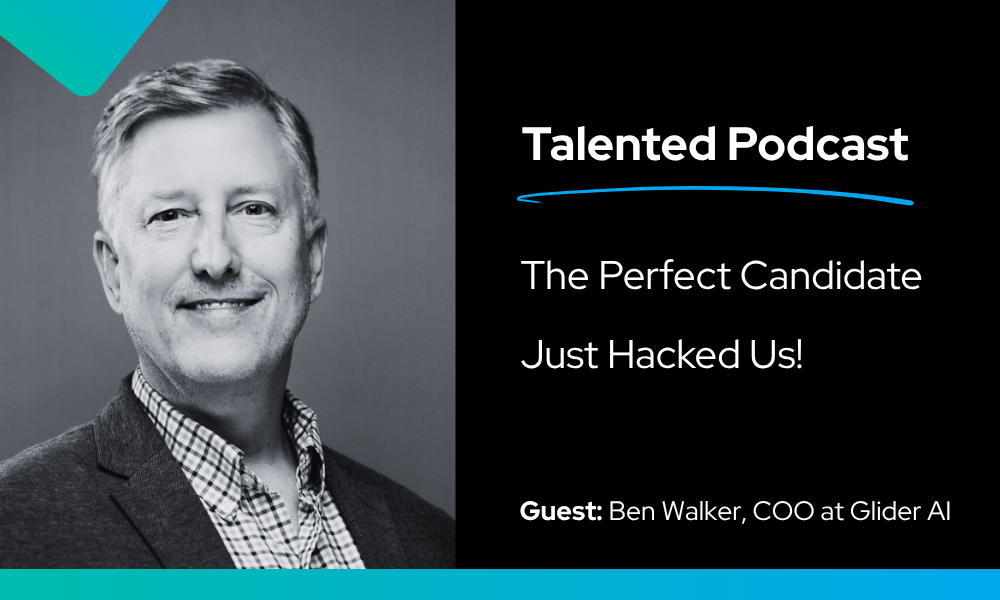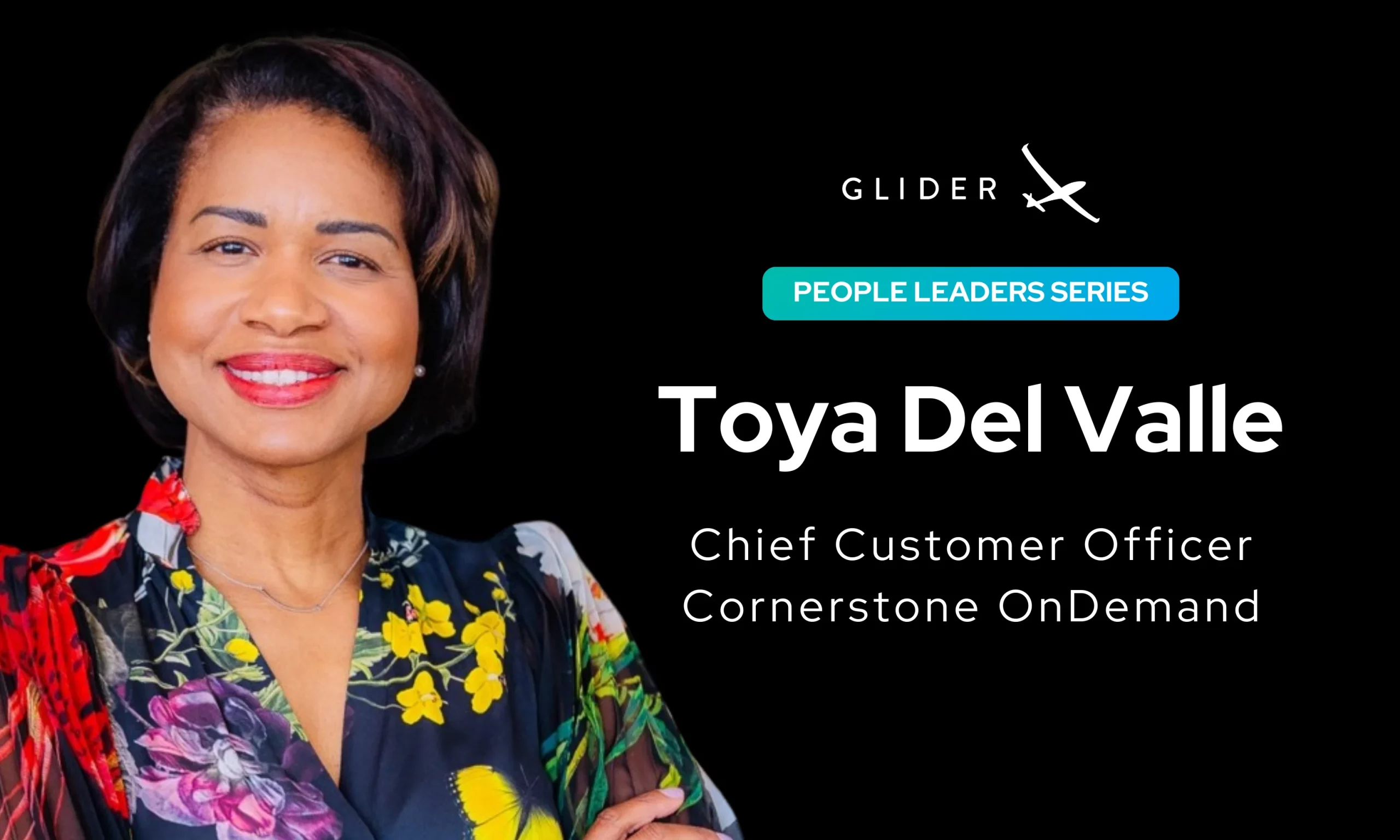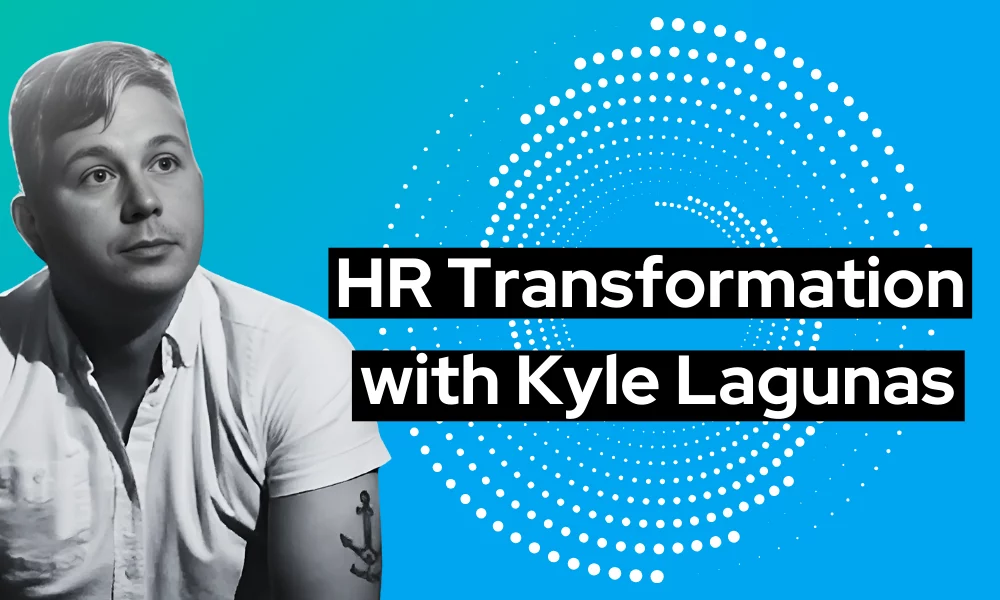
Make talent quality your leading analytic with skills-based hiring solution.

Traditional talent acquisition methods often depend on the recruitment team’s industry expertise alongside limited and unstructured sources such as job fairs and employee referrals. While these strategies can yield some results, they are hardly scientific — in fact, they often create inconsistencies and biases in the hiring process.
Data-driven recruitment can refine these strategies. It transforms hiring information into intelligent and actionable insights that allow you to identify the most effective channels for reaching qualified candidates and objectively predict candidate success, among other things. Data can also show you which parts of your current talent acquisition strategy must be optimized better.
Data-driven recruitment means making unbiased hiring decisions based on various data sources. Instead of traditional methods that rely on intuition and experience, it depends on data-driven insights to make finding the right talent more objective and efficient.
Recruitment teams that embrace data-driven talent acquisition use various metrics to monitor the effectiveness of their tools and then leverage these insights to optimize their hiring activities.
Data-driven hiring helps recruiters and hiring managers select the right people more confidently because they can rely on actual data to justify their choices. Data also allows them to establish repeatable recruiting plans and strategies that make future hiring more effective. Moreover, data-driven HR teams tend to operate more efficiently with lower costs.
Data-driven talent acquisition can transform a large and vague pool of talent into well-categorized candidate groups likely to succeed in the specific roles they are being considered for.
Data-driven insights also allow companies to identify optimal candidate sourcing channels while quickly filtering candidates by skills to make the hiring experience quick and positive. Using the correct data, your recruitment team can expand its sourcing efforts from a local to a national or even a global level — and potentially discover new talent pools before your competitors do.
1. Candidate Sourcing Data
Do you know where you find the best talent? Data-driven recruitment tools can help you:
2. Application Data
Did you know the application stage can reveal valuable data-driven insights into your talent pool? To get the most out of this information, be sure to:
3. Screening Data
Data-driven insights from the screening stage can help you quickly shortlist qualified candidates.
4. Interview data
Structured interviews with well-defined rubrics make your talent assessment process much more consistent. Don’t forget to:
5. Hiring data
Data-driven insights from hiring data can help you understand where you might lose top talent.
6. Performance data
7. Feedback data
1. Applicant tracking systems (ATS)
An ATS is a central repository of resumes, interview notes, and assessment scores. Using it can optimize your workflows and allow you to manage large volumes of candidate data. These tools can also automate numerous tasks — such as posting job openings, keyword matching/sorting applications, and screening resumes — to save time while ensuring that your team does not miss qualified candidates.
Applicant tracking systems are central to data-driven recruitment because they make it easier to monitor key metrics such as time-to-hire and cost-per-hire, therefore allowing HR teams to pinpoint inefficiencies.
A solid ATS can provide objective data throughout the recruitment process so that you can hire based on data-driven insights rather than intuition alone.
2. AI-Powered Recruitment Platforms
Today’s most advanced AI recruitment algorithms can analyze extensive data from past hiring successes to discern patterns and predict which candidates are most likely to excel in specific roles. Your team can fully utilize AI’s advanced analytical capacity to make more informed hiring decisions.

“The Perfect Candidate Just Hacked Us”: Inside the Global Playbook of Hiring Fraud That 100% test score might be your biggest red flag. Enterprise breaches don’t always start with phishing emails; sometimes, they start with a fake job interview. In this episode of Talented, Joseph Cole sits down with COO Ben Walker to unpack one […]

Can HR Stop Playing Buzzword Bingo with Skills and AI? If you’re an HR or TA practitioner or work in HR Tech in any capacity, AI and Skills-Based Hiring is what everyone is talking about. The problem? All the talk is diluting the importance of two very interrelated topics. Glider AI sponsored the Transformation Realness […]

Q&A with HR/TA Analyst Kyle Lagunas The traditional playbook that was HR is being rewritten. AI is reshaping work, skills-based strategies are transforming hiring, and HR teams are under pressure to deliver more with less. HR isn’t just about managing people anymore—it’s about engineering the future of work. In this Q&A session, Kyle Lagunas and Joseph […]